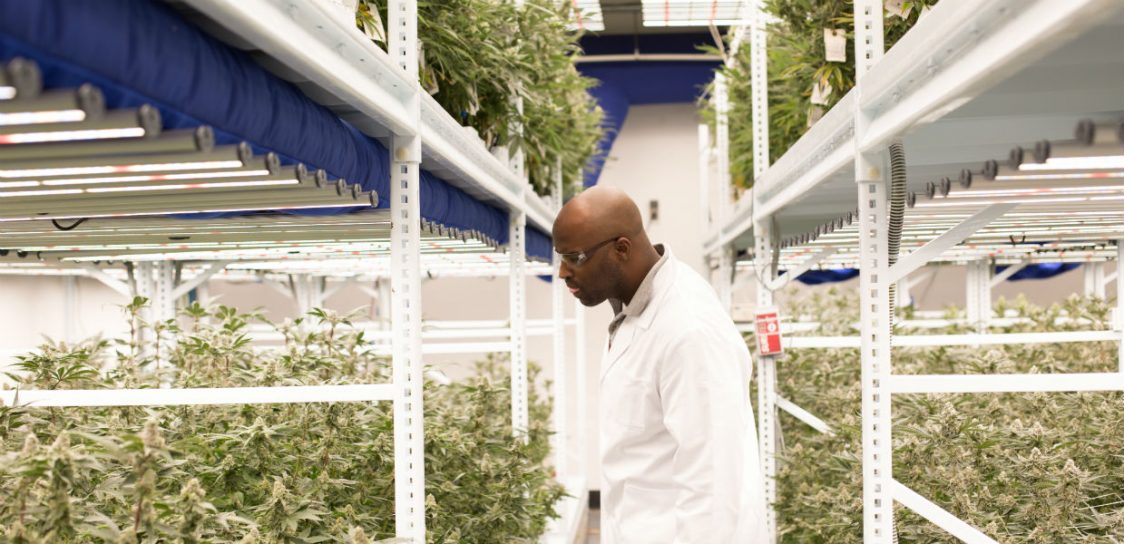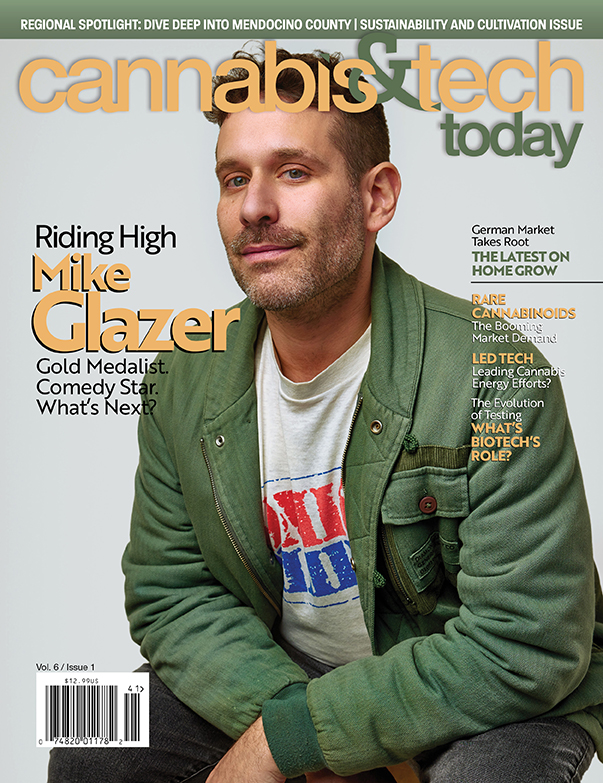Throughout his career as a football player, Ricky Williams broke a decades-old NCAA rushing record, won the Heisman Trophy, was part of a monumental trade going into the NFL Draft, and amassed over 10,000 yards throughout his pro career. And, despite having achievements that most athletes could only dream of, it is not what he wants to be remembered for. A longtime advocate for cannabis usage, Williams wants to be known for his work as a healer rather than his work on the gridiron.
This is hardly the first time the name Ricky Williams has been connected with the world of cannabis and healing. After a number of marijuana-related drug tests threatened his playing time, Williams retired before the 2004 NFL season, opting to spend time in California to study holistic medicine. In the following years, Williams’ time was spent expanding his knowledge on holistic healing, pioneering an NFL comeback, and recently launching his own company, Real Wellness by Ricky Williams, putting his expansive knowledge of cannabis and medicine to use. In this exclusive interview, Williams discusses his new endeavors, the current public attitudes towards cannabis culture, and what changes he believes need to be made for major sports leagues to become accepting of cannabis usage.
Cannabis & Tech Today: Tell me a bit about the launch of Real Wellness.
Ricky Williams: The idea behind it was — I started speaking at cannabis conferences a couple years ago, and meeting a lot of people, sharing my story and hearing other people’s stories. And what really surprised me was how many people were earnestly searching for help for things that they couldn’t find help from anywhere else. And they were looking to cannabis. I looked at the market and I said, “Wow.”
Most of the products out here are just cannabis products with THC or CBD, but there’s nothing else here. With my background in studying herbalism, I wondered why no one’s creating herbal formulas to service these people that are looking for help. I saw a real need and I felt I had the skill set, the desire, the passion, and the compassion to do something about it.
C&T Today: I know holistic healing has been an interest of yours for a very long time. What originally piqued your interest?
RW: It all happened, actually, quite organically. It was way back in 2004, before I retired. And the decision to retire came with an awareness that at one point my whole life was starting to lose it’s hold on me. It was confusing to me. So I ended up talking to a friend, and they got in the conversation about how seasons change, and you know, it made sense. And so I started to apply that to my life and realize, “Well, maybe the season of football is ending and another season is beginning.”
It was an insight that really helped me make some difficult choices in my life. And with that I started to realize, “Wow. There’s some value in understanding. We can learn a lot from watching nature.” And about the same time on my travels, another guy, we had a good conversation, and he handed me a book on Ayurveda. And the premise of the book was just that, learning to create health inside of ourselves by learning about and following what we see in nature.
So I dove into that. And when I came back to California from my travels, I realized, “I’m not a football player anymore, I have to find something to do with my life.” I kept thinking about that book, and so I went online, and of course, there was an Ayurvedic education program starting in the next two weeks. And so I drove up to Northern California, enrolled in school, and started studying herbs and Ayurvedic and Yogic philosophy.
From there, I just was so passionate about it and I felt like I’d found my calling. From that point on, my life has really been a pursuit of teaching myself, and taking classes, and learning how to do this. The starting of this brand is the culmination of what I’ve been working on for the past fourteen years.
C&T Today: Why do you believe that attitudes towards cannabis have changed so much since your retirement?
RW: Well, I think more people being comfortable talking about it, you know. I think it’s one of those things where, it was so stigmatized and so taboo that people didn’t talk about it. People, you know, for their own safety, would blatantly lie about their cannabis use. People have become more comfortable and it’s become more available to people to help them deal with their medical issues. People are taking it more seriously.
For the entire interview with Ricky Williams, make sure to subscribe to Cannabis & Tech Today and don’t forget to like us on Facebook for updates for upcoming issues!
By Anthony Elio







